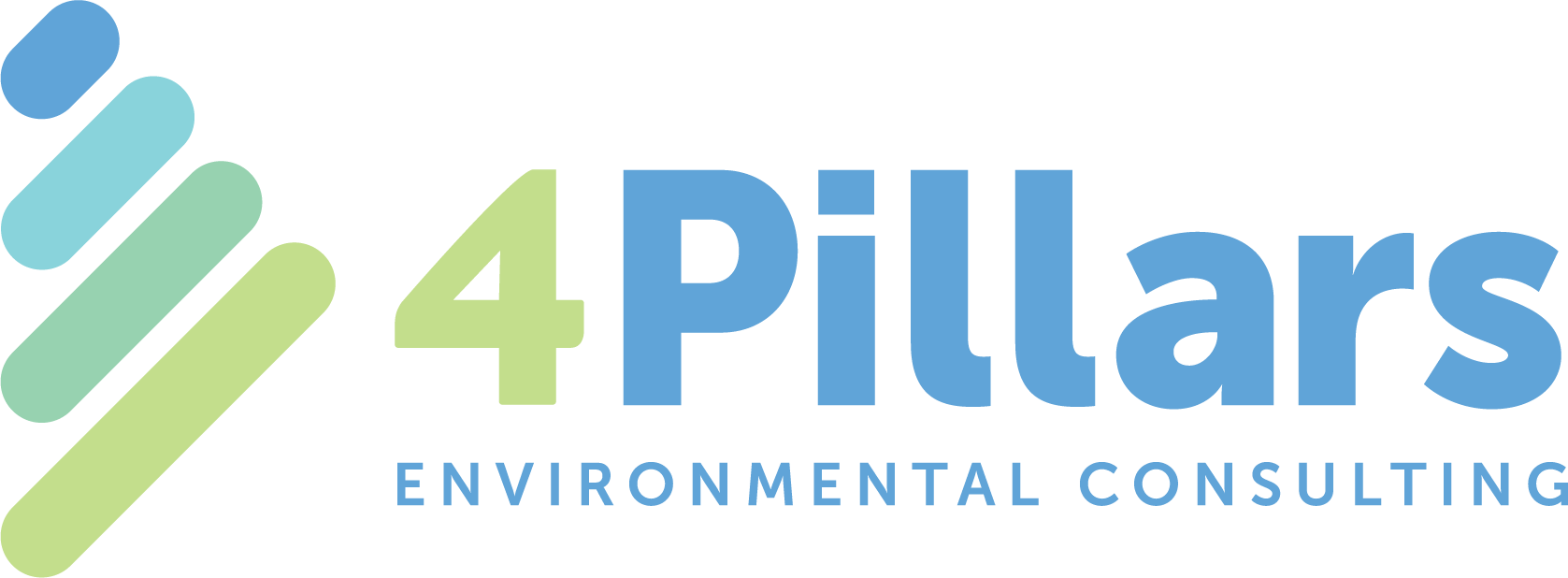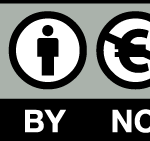Hi all, Gunnar here!
After years of dealing with the same companies with all the same buzzwords, all the same choreographed photos, and all the same websites, 4Pillars was a refreshing change for me. The content – that was different. The things that immediately stood out to me about this company was this very blog. There were regular entries, not just three articles in the first three months after the website was created in 2015 with no further posts. The entries were refreshingly non-corporate; written by staff members who could just as comfortably brag about their projects as they could about their love of playing Dungeons and Dragons, their professional credentials, and their favourite movies. That’s why 4Pillars stood out to me.
And, more than that, 4Pillars clearly took sustainability seriously and valued its importance for society. Their efforts were not mere superficial targets to tick a box and hop on the ‘sustainability trend’. There were genuine structures in place; from annual sustainability reports to regularly revised emissions offsets. It was undeniable that, as they claimed, they truly lead by example when it came to grass roots sustainability. What was particularly impressive was that 4Pillars is a small company committed to sustainability. This is where the four pillars of sustainability come in.
As a brief re-cap, the pillars of environment, economy, society, and inter-generational equity are the areas that must be considered in order to achieve true sustainable development, and 4Pillars aims to ensure an even balance of these considerations in everything the company does. In the last blog, we heard from James Sonter on the pillar of ‘environment’.
Due to my background as a trader of stock and index options, I took up the challenge to explain the pillar of economy. Personally, I am quite sceptical, maybe too cynical, about the discipline of economics. Economists believe themselves to be great predictors of human behaviour, yet I can’t ignore the fact that respected economic and financial institutions are responsible for some of the most spectacular failings when it comes to foreseeing significant societal events, for example the GFC. Either way, here goes.
Sustainability, in the context of the pillar of economy, refers to practices that maintain high and stable levels of economic growth to satisfy societal needs, while keeping in mind their impact on the other three pillars. Some consider this pairing of ‘economic’ and ‘sustainability’ as diametric and mismatched. How can you consider the economy as being an inherent part of sustainability, particularly as neo-liberal economic theory traditionally encourages inherently unsustainable cultures of capitalism, consumerism, and infinite growth?
It may not appear to be an obvious focus in the environmental industry; however, economic considerations are vital and must be balanced with the other pillars, to ensure the longevity of natural resources and the human relationships built around them. We must incentivise and seek solutions that provide positive outcomes for the environment, with minimal detriment to economic growth, which is often the main driver for businesses. Strategies we implement internally at 4Pillars include practising financial discipline to ensure affordability across EnviroNow projects, with the goal of fostering long-lasting relationships focused on environmental compliance, management, and growth. This is complemented by holding all business accounts with Bank Australia, an ethical and responsible financial entity and the preference for Australian Ethical Super – Australia’s only super fund dedicated to positive, competitive, ethical investment. We want our money to be used for good.
Looking ahead, it is clear that economic ‘norms’ that may not fit well with the other three pillars of sustainability appear to be changing. Times of upheaval, such as the COVID-19 pandemic, appear to act as a catalyst for shifts in societal values. It is no longer a sign of non-commitment to the employer and your career when you stay home due to feeling sick. There appears to be a greater cultural pressure to put common good above individual liberties. Also, two months ago it was speculated that Australia could have a quarter of negative growth for the first time in (I think) about than 30 years. Some predictions were even as bad as a minus 0.8% to 1% growth rate, which seemed equivalent to the end of the world. Meanwhile, right now we would all be ecstatic if we can scrape in with less than an 8%, maybe even 5% decline. Oh, how easily things change.
Perhaps, we may realise that we could put the worship of eternal economic and GDP growth aside, in return for the sustainability and longevity of our society. Maybe we realise that economic systems are created by people, to serve people – not the other way around. Perhaps there are alternative economic paradigms that will achieve prosperity, material comfort, ecological stability and healthy, functioning societies.
Even without radical change, we have tools available to achieve real improvement. Who would have predicted 5 years ago that renewable energy sources in Australia would, as of 2019, be cheaper than the power we get from new coal fired power stations? This is just one example that demonstrates how economic and environmental co-benefits can be balanced and realised – all it takes is social and (importantly) political will.
In summary, the four pillars of sustainability should be the base and guide for a well-rounded consideration of how to ethically achieve long-term economic prosperity. This vision of a balanced system, in a nutshell, is what drives 4Pillars and our team.
This article was written with the assistance of guest contributor, Ella Haid.
This work is licensed under a Creative Commons Attribution-NonCommercial-NoDerivatives 4.0 International Licence.


